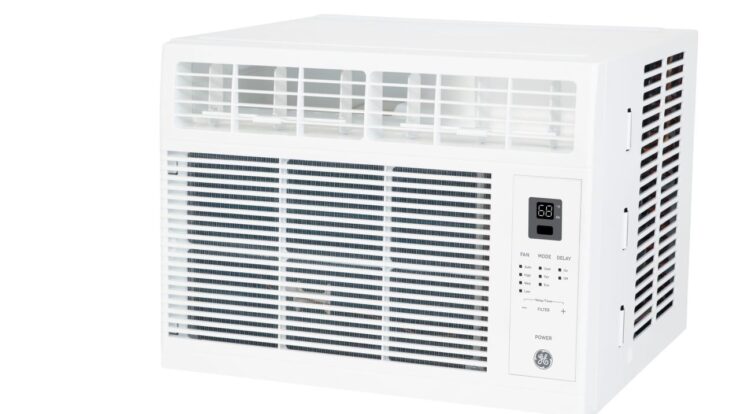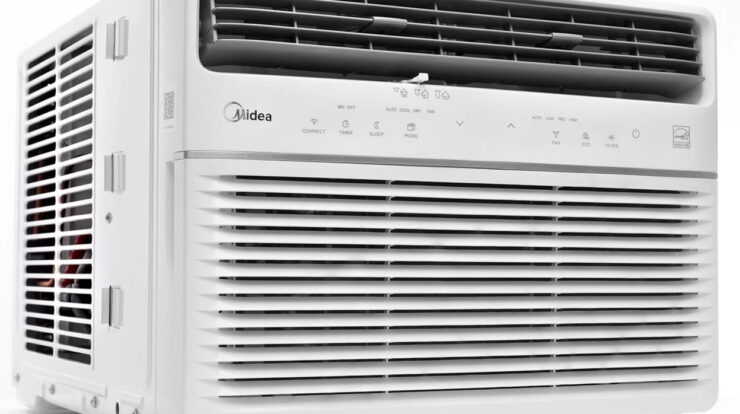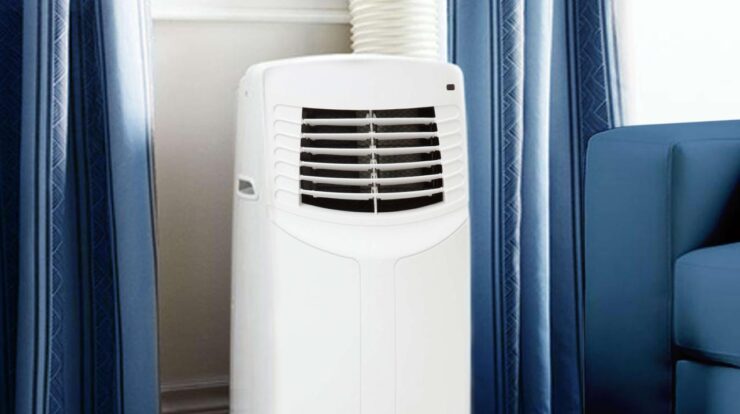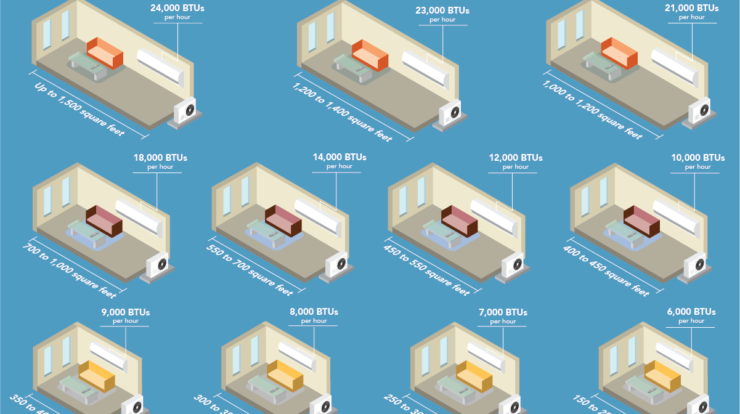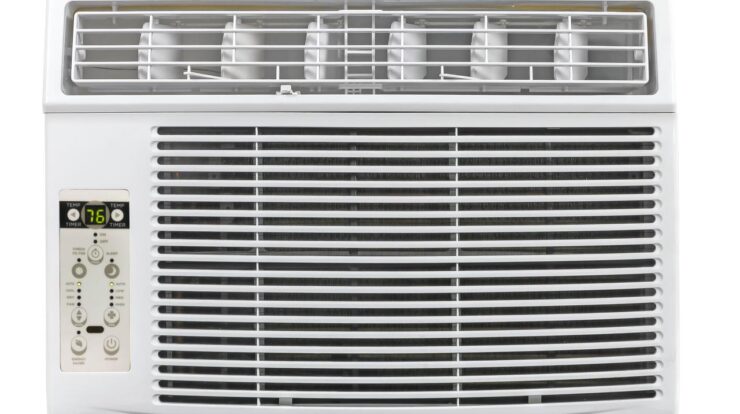Embark on a journey into the realm of 12,000 BTU air conditioner room size, where we unravel the intricacies of cooling efficiency. Discover how to determine the ideal BTU capacity for your space, ensuring a comfortable and energy-conscious indoor environment.
Delving into the factors that influence BTU requirements, we’ll explore the impact of room size, ceiling height, insulation, and window size. We’ll provide a comprehensive guide to selecting the right air conditioner type, comparing BTU capacities, and maximizing energy efficiency.
BTU Basics
British Thermal Units (BTUs) are the standard measure for quantifying the cooling capacity of air conditioners. One BTU represents the amount of heat energy required to raise the temperature of one pound of water by one degree Fahrenheit. For air conditioners, higher BTUs indicate a greater cooling capacity, meaning the unit can remove more heat from a space.
Cinco de Mayo is just around the corner, and Chipotle is offering a special deal to celebrate. Get ready to indulge in a delicious burrito, bowl, tacos, or salad for just $5.99. This limited-time offer is available only on May 5th, so don’t miss out!
The appropriate BTU rating for an air conditioner depends on the size of the room it will be cooling. A room’s square footage, ceiling height, insulation, and number of windows all influence its cooling requirements.
BTU Requirements for Different Room Sizes
The following table provides general guidelines for BTU requirements based on room size:
| Room Size (Sq. Ft.) | BTU Requirement |
|---|---|
| Up to 150 | 5,000
|
150
|
6,000
|
250
|
8,000
|
350
|
10,000
|
450
|
12,000
|
550
|
14,000
Summer’s just around the corner, and with it comes the sweet, juicy fruits of nature. If you’re looking to enjoy the outdoors without the buzzing company of bees, consider using a natural bee repellent for skin . These repellents are made with essential oils and other natural ingredients that bees find unpleasant, so you can enjoy your outdoor activities without the worry of getting stung.
|
Room Size Considerations
Determining the appropriate BTU capacity for an air conditioner is crucial for ensuring efficient cooling. Room size plays a significant role in this calculation, as larger rooms require more cooling power to maintain a comfortable temperature.
Factors like ceiling height, insulation, and window size also influence the BTU requirement. A higher ceiling increases the volume of air to be cooled, while better insulation reduces heat transfer, requiring less cooling capacity. Larger windows allow more sunlight to enter, adding heat to the room and increasing the cooling demand.
Calculating BTU Capacity
To calculate the appropriate BTU capacity for a given room size, you can use the following formula:
BTU = Room Area (sq. ft.) x Ceiling Height (ft.) x BTU/sq. ft.
The BTU/sq. ft. value varies depending on the insulation level and window size:
- Well-insulated rooms with small windows: 10-15 BTU/sq. ft.
- Average insulation with moderate window size: 15-20 BTU/sq. ft.
- Poorly insulated rooms with large windows: 20-25 BTU/sq. ft.
Air Conditioner Types: 12,000 Btu Air Conditioner Room Size
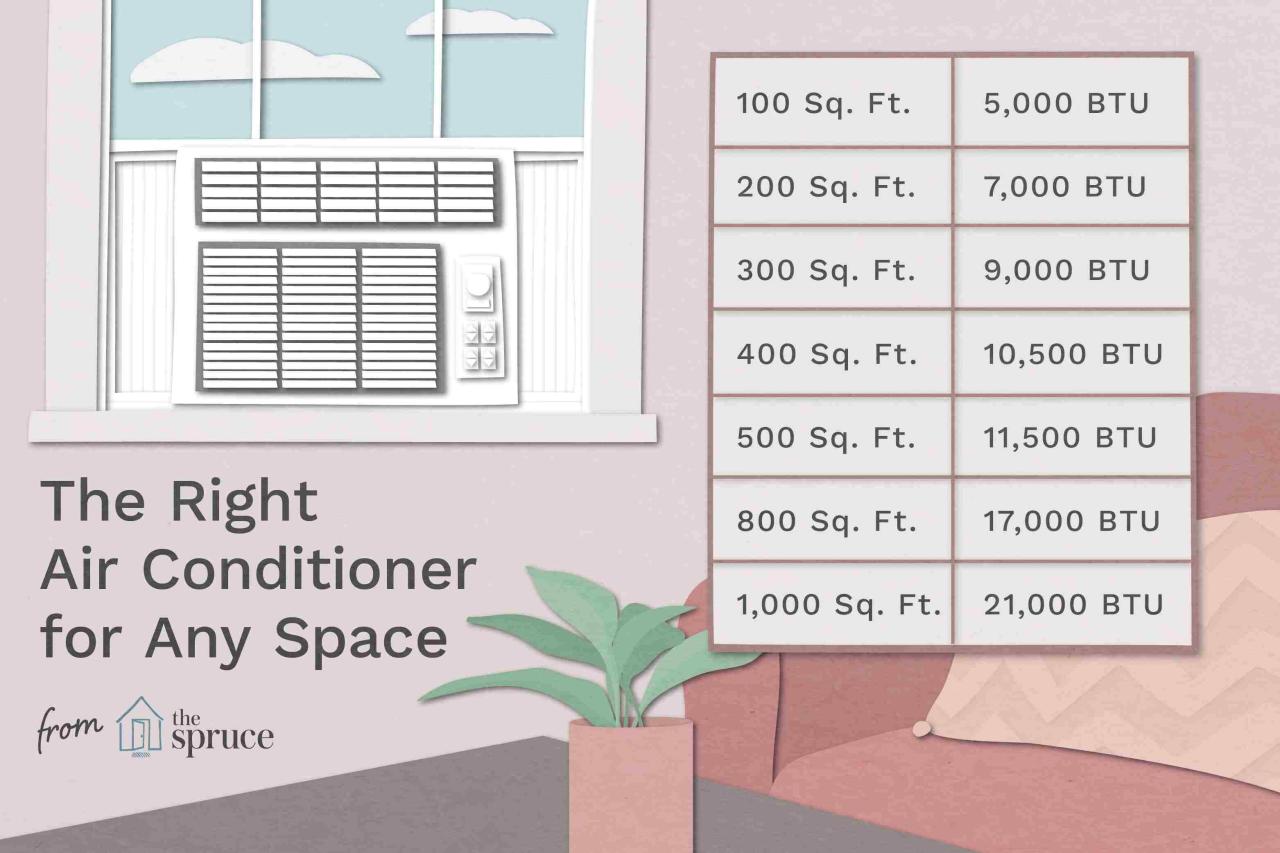
Air conditioners come in various types, each with its own BTU capacity range. Understanding these types and their capabilities is crucial for selecting the most suitable unit for your room size.
The three main types of air conditioners are window units, portable units, and split systems.
Window Units
- BTU capacity: 5,000 – 15,000 BTU
- Advantages: Affordable, easy to install, suitable for small rooms
- Disadvantages: Noisy, obstructs the view, not energy-efficient
Portable Units
- BTU capacity: 6,000 – 14,000 BTU
- Advantages: Portable, no permanent installation required, convenient for temporary cooling
- Disadvantages: Noisier than other types, requires a window or door for exhaust hose, less efficient than window units
Split Systems
- BTU capacity: 9,000 – 36,000 BTU
- Advantages: Quiet, efficient, flexible installation options, can cool multiple rooms
- Disadvantages: Expensive, requires professional installation
| Type | BTU Capacity Range |
|---|---|
| Window Units | 5,000
|
| Portable Units | 6,000
|
| Split Systems | 9,000
As the weather warms up, it’s important to protect yourself from pesky bees. Consider using natural bee repellents for your skin. These repellents often contain essential oils like peppermint, lemongrass, or lavender, which are known to deter bees. Applying these repellents to exposed skin can help keep bees at bay while enjoying the outdoors.
|
Energy Efficiency
Energy efficiency refers to the ability of an air conditioner to cool a room effectively while consuming less energy. It’s a crucial factor to consider when choosing an air conditioner, as it directly impacts the operating costs and environmental impact.
The energy efficiency of an air conditioner is measured by its Energy Efficiency Ratio (EER) or Seasonal Energy Efficiency Ratio (SEER). These ratings indicate the amount of cooling provided per unit of energy consumed. Higher EER/SEER ratings indicate greater energy efficiency.
Energy Efficiency Ratings, 12,000 btu air conditioner room size
Energy efficiency ratings are essential in selecting an air conditioner that meets both BTU requirements and energy-saving goals. Look for air conditioners with high EER/SEER ratings to minimize energy consumption and reduce utility bills.
Tips for Choosing an Energy-Efficient Air Conditioner
- Check the EER/SEER ratings of different models and compare them.
- Choose an air conditioner with a rating that meets or exceeds the recommended value for your region.
- Consider investing in an ENERGY STAR-certified air conditioner, which meets specific energy efficiency standards set by the U.S. Environmental Protection Agency.
Installation and Maintenance
Installing and maintaining an air conditioner properly is essential to ensure optimal BTU performance. Incorrect installation or lack of maintenance can significantly reduce the unit’s cooling capacity.
Common Installation Mistakes
- Improper sizing: Selecting an air conditioner with insufficient BTU capacity for the room size can result in inadequate cooling.
- Incorrect location: Installing the outdoor unit in a shaded area or too close to walls or obstacles can restrict airflow and reduce cooling efficiency.
- Faulty refrigerant lines: Leaks or kinks in the refrigerant lines can lead to reduced cooling performance and potential damage to the compressor.
- Insufficient electrical supply: Inadequate wiring or voltage can cause the air conditioner to operate below its intended capacity.
Maintenance Checklist
- Clean the air filter regularly:A dirty filter restricts airflow and reduces cooling efficiency.
- Check the refrigerant levels:Low refrigerant levels can significantly impact cooling performance.
- Inspect the outdoor unit:Remove any debris or obstructions that may impede airflow.
- Lubricate moving parts:Periodic lubrication ensures smooth operation and reduces wear and tear.
- Schedule annual professional maintenance:A qualified technician can thoroughly inspect and service the unit to maintain optimal performance.
Final Review
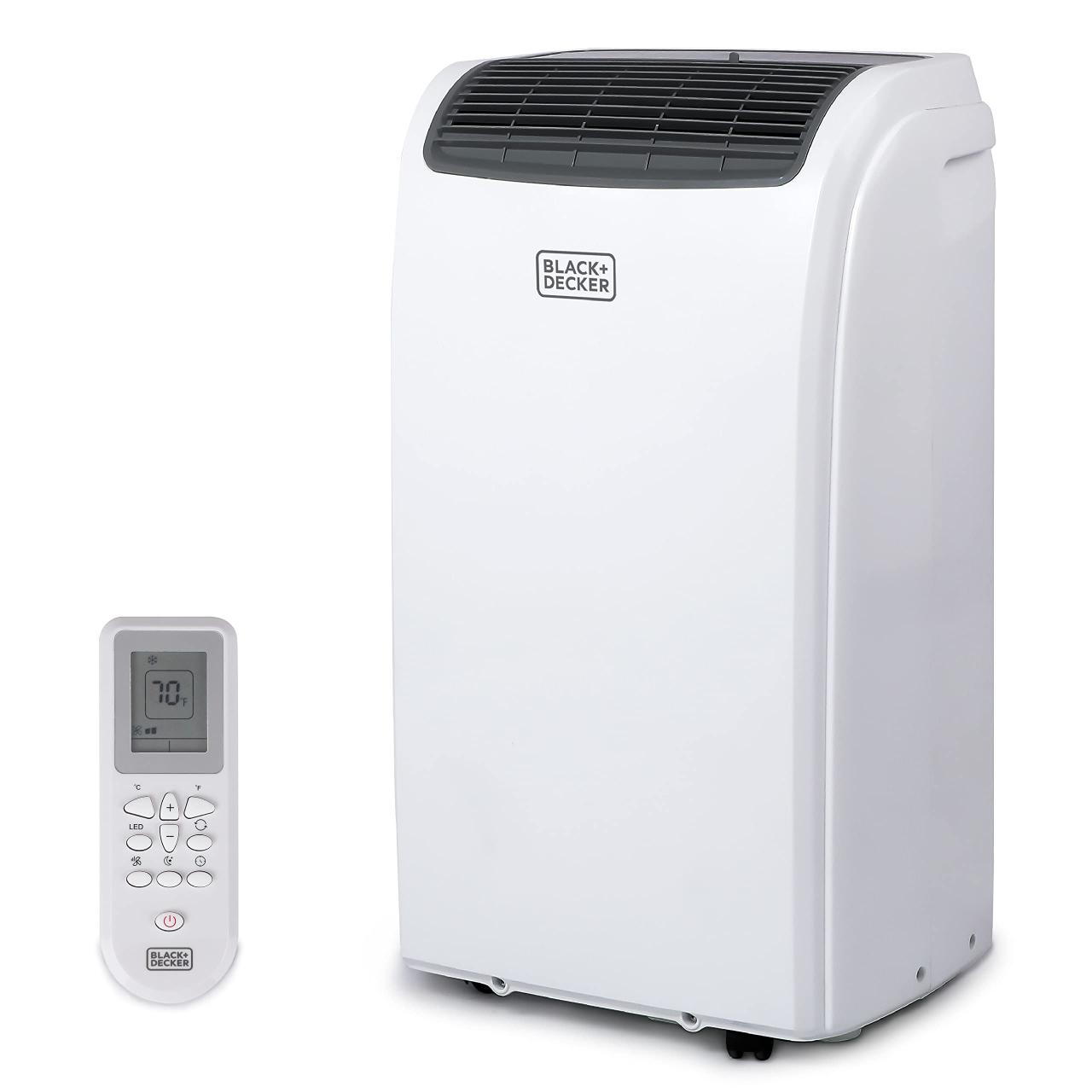
By the end of this exploration, you’ll be equipped with the knowledge to make informed decisions about your 12,000 BTU air conditioner, ensuring optimal cooling performance, energy savings, and a comfortable living space.
FAQ Compilation
What factors influence the BTU requirement of an air conditioner?
Room size, ceiling height, insulation, window size, and the presence of heat-generating appliances.
How do I calculate the appropriate BTU capacity for my room?
Multiply the square footage of your room by 25 BTUs per square foot. For example, a 500 square foot room would require a 12,500 BTU air conditioner.
What are the different types of air conditioners and their BTU capacities?
Window units typically range from 5,000 to 12,000 BTUs, while central air conditioners can handle larger spaces with capacities up to 60,000 BTUs.
